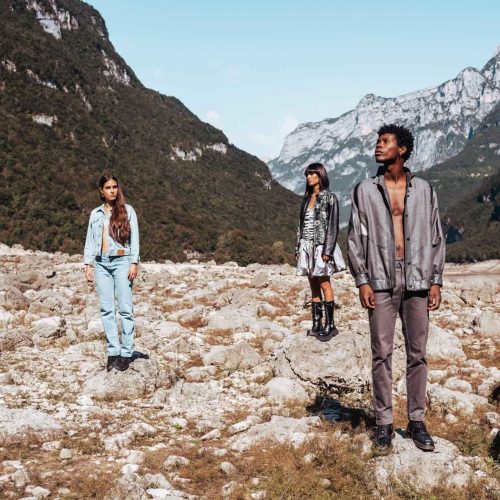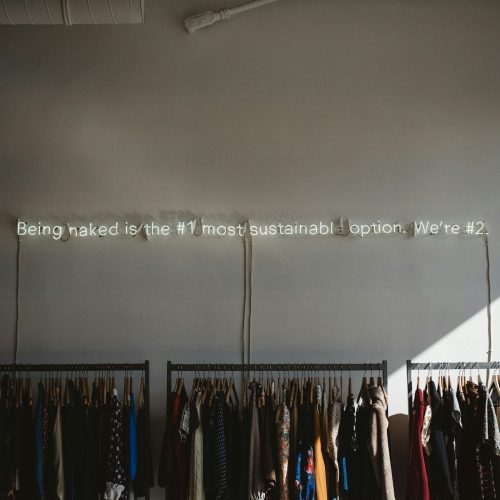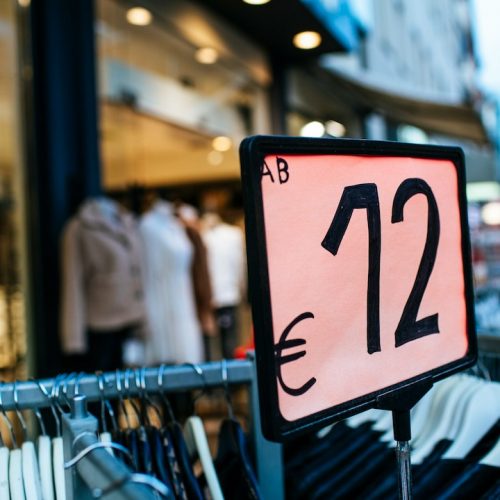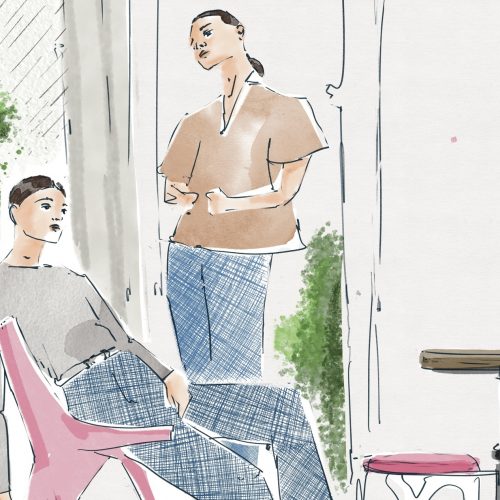Most Sustainable Alternatives To Leather
Mushroom, pineapple, coffee and even grapes have come to disrupt the Fashion Industry, and provide many sustainable alternatives to leather and animal suffering. Stay with us and discover the perks of the many sustainable-leather options that we have now today.
To receive the Luxiders newsletter, sign up here.
Over the past couple of years, many fashion brands have opted out of using fur or animal leather. The debate over the use of animal parts for making clothing is becoming greater; and with the latest developments in the Industry, it has become an unavoidable discussion. There are two sides of coin, as usual. To some, the use of animals is still better than the plastic counterpart that many synthetic products entail; but to others that is out of the question.
The rise in vegetable leather, such as mushroom or pineapple, is paving its way to make the use of animals obsolete. Innovative companies along with some of the most renown fashion brands worldwide have been pairing up to come up with a new kind of leather-like materials. From different products, to clever use of waste, we list here some of the most innovative and sustainable alternatives to leather.
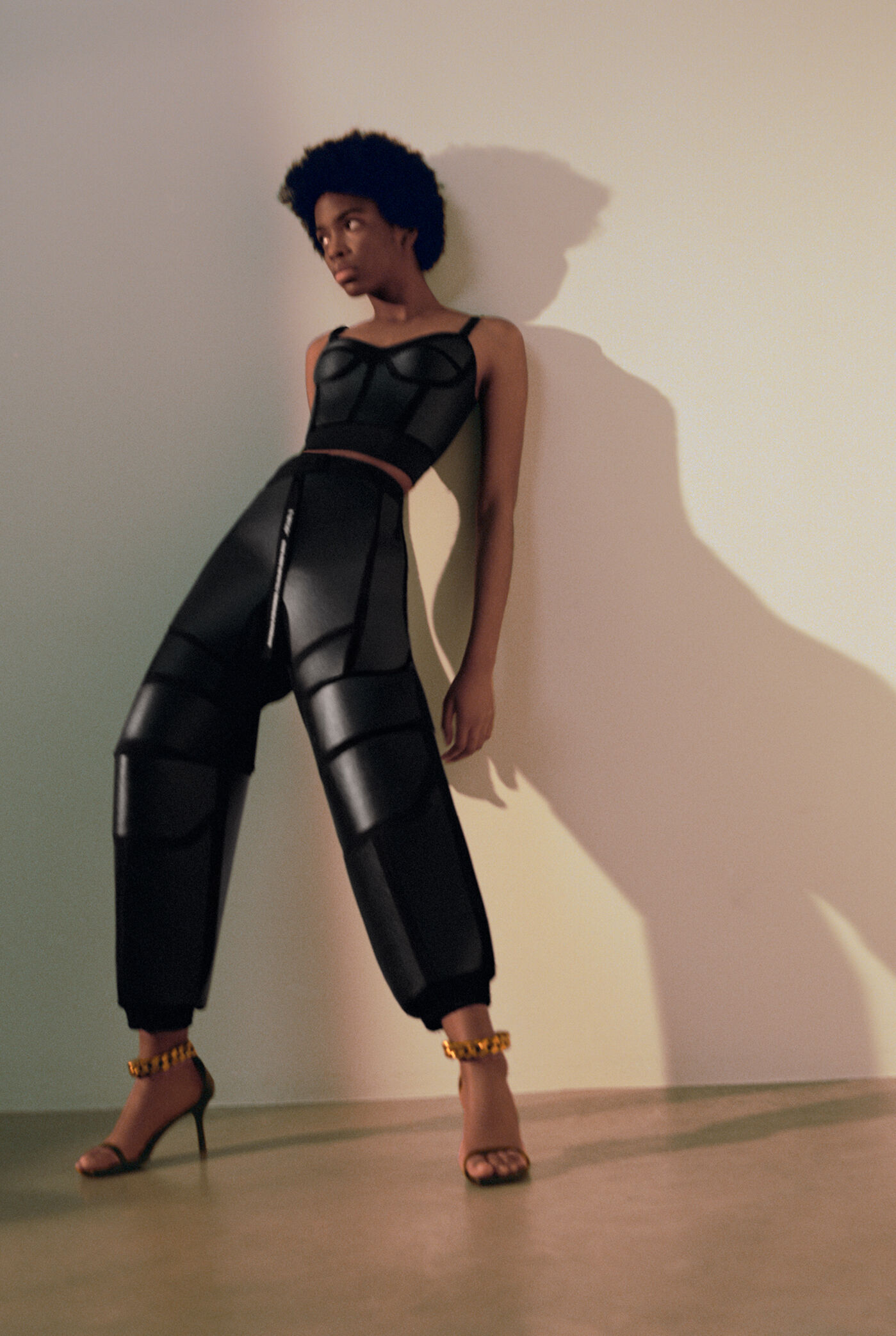
Mushroom leather by Stella McCartney | Credits: Stella McCartney
MUSHROOM LEATHER
Earlier this year we shared the news of Stella McCartney launching complete series of clothing made out of “Mylo”, a mushroom alternative to leather made along with Bolt Threads, a San Francisco Biotechnology company. Once again, McCartney was leading the way in vegan and cruelty free innovations. Mylo is grown in labs from mycelium, a part of fungus. The scientists at Bolt Threads developed the material's weight, drape and texture. As well as animal leather, Mylo is tanned and curated for a similar feel. McCartney is not the only big fashion brand playing with mushroom, Hermès has also announced the version of its famous “Victoria” bag made out of mushroom-based material called Sylvania.
PINEAPPLE LEATHER
Pineapple leather was invented by Ananas Anam Ltd, a London based company. The leather-like material outcome is produced using raw materials that are the byproduct of the pineapple harvest. Hugo Boss was one of the first names in Luxury Fashion that implemented pineapple leather. Not only the products made from Piñatex are ethical in its production, they are also fair in the way that they provide the local farmers an extra income.
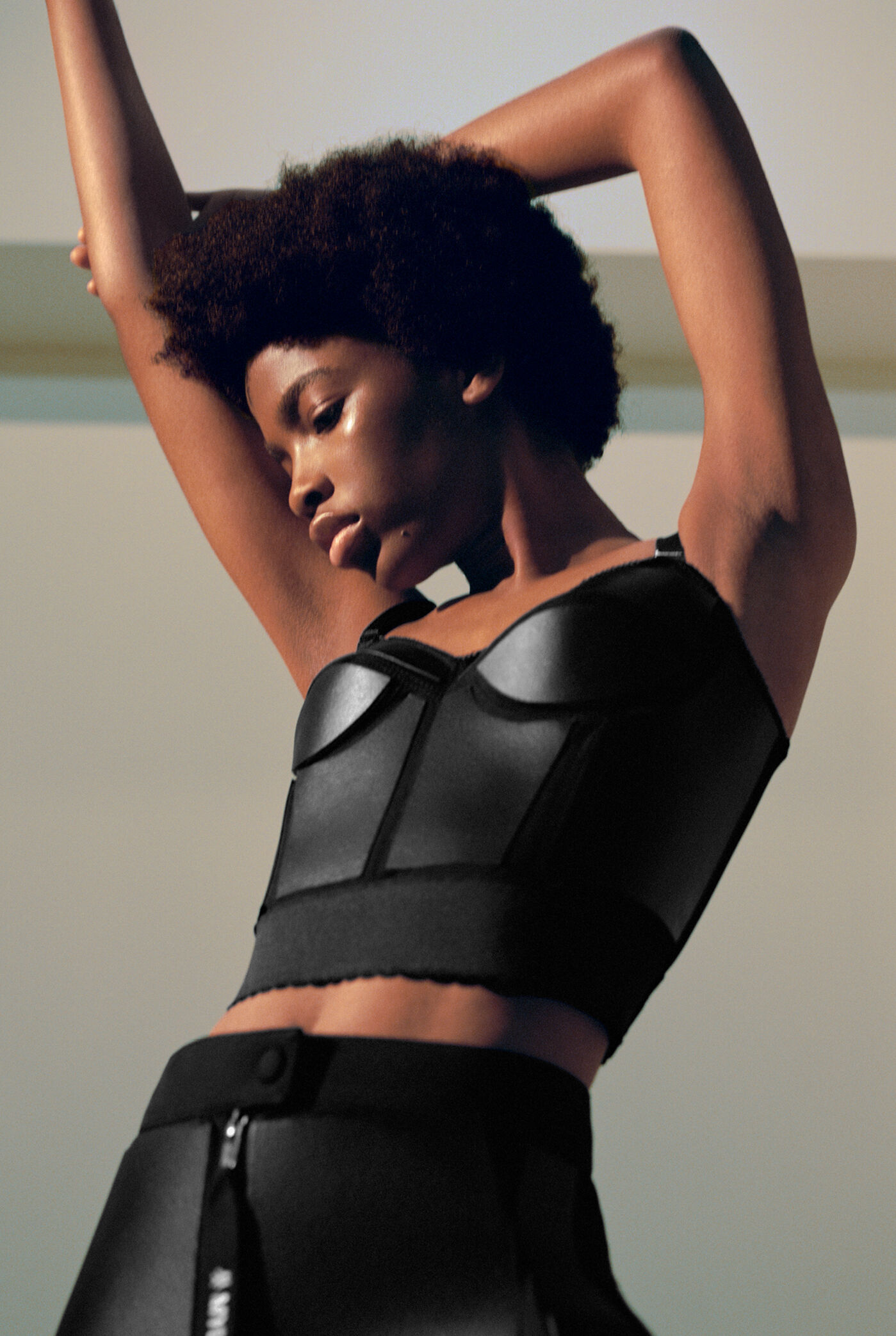
Stella McCartney
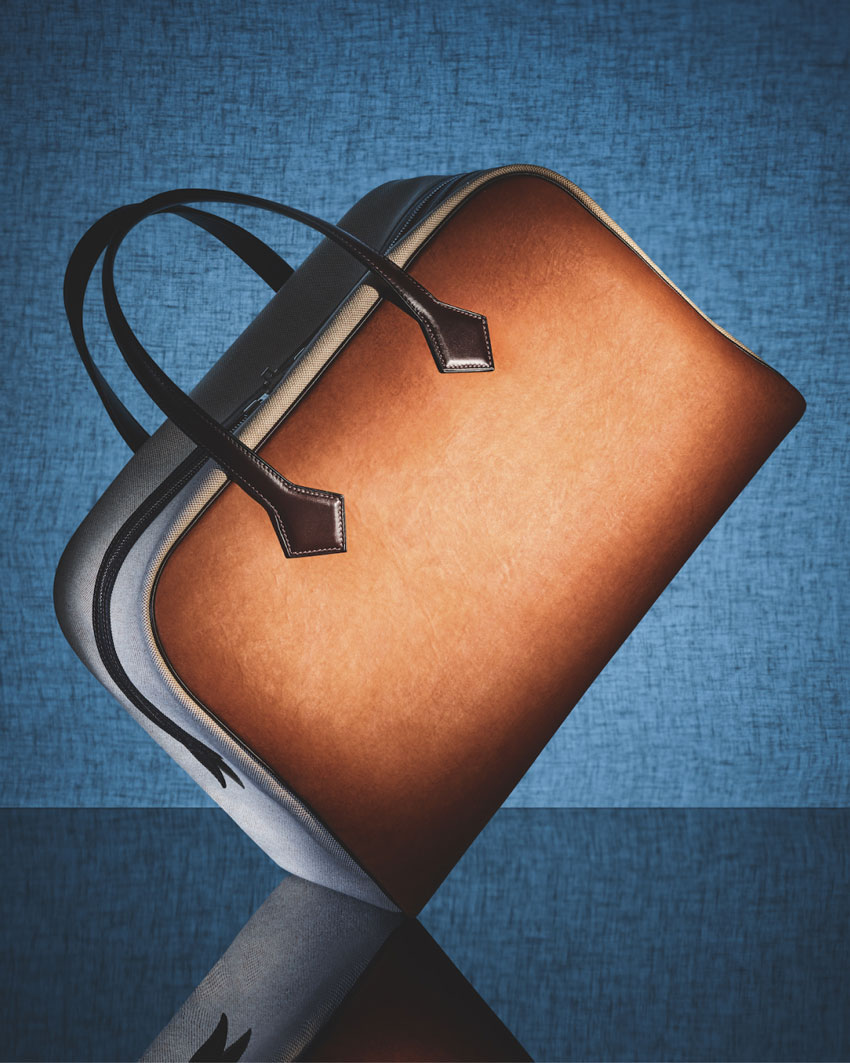
Hermès mushroom leather "Victoria" bag
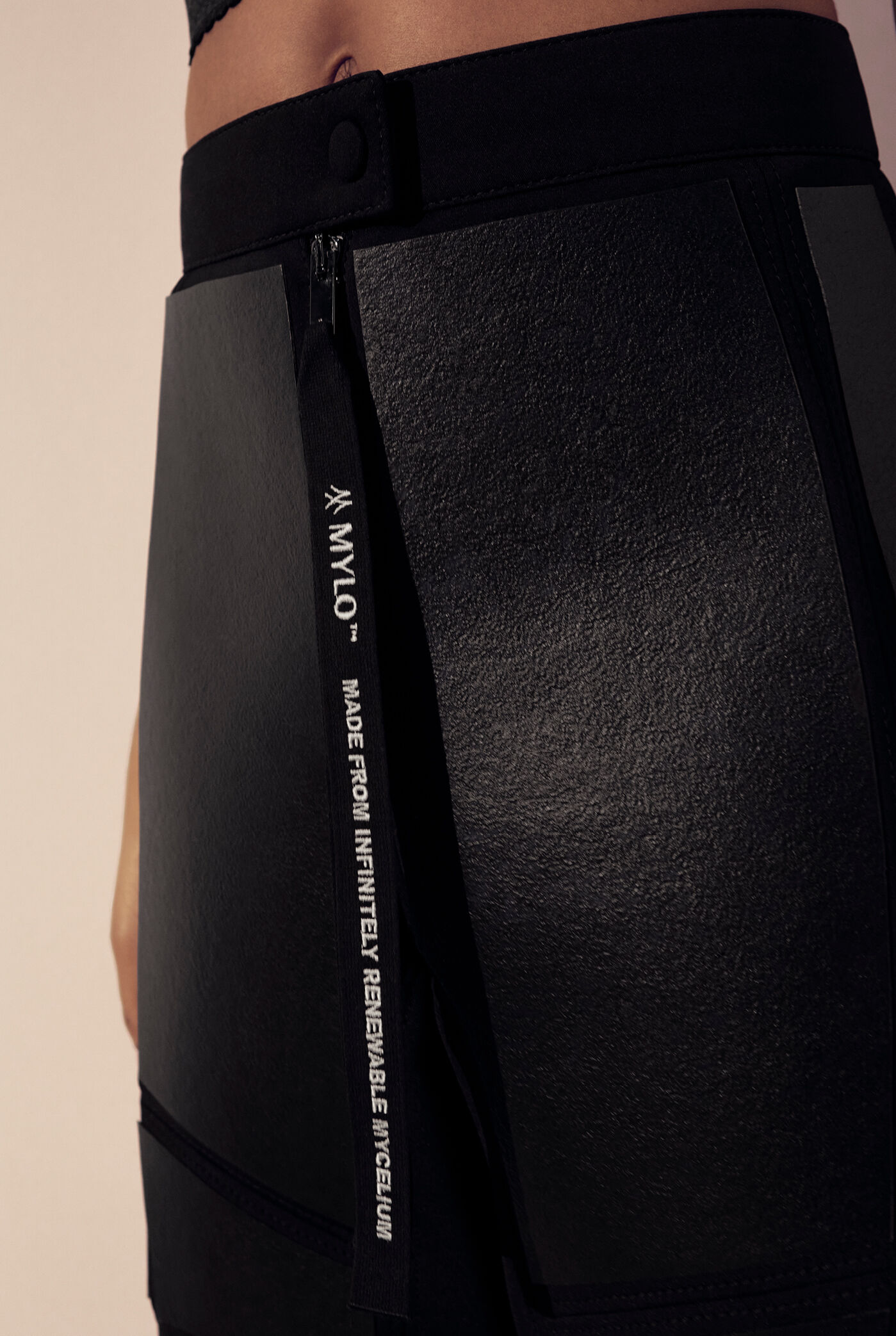
Stella McCartney
COFFEE LEATHER
Yes, you read it correctly! The German company Nat-2 has developed sneakers made out of coffee-leather. The coffee is applied to a layer, and the natural scent prevails. The material is patented and developed in Germany; while the final production is made in Italy, under fair conditions. Moreover, the type of coffee used for the production varies upon a sustainable availability.

Nat-2 Coffee leather | Credits: Nat-2
GRAPE, CACTUS & BIOFABRICATED LEATHER
Vegea, the Milan based company founded in 2016, is producing vegan leather from winemaking byproducts like grape peels and seeds. The material can be printed to look like any kind of animal skin, from ostrich to cow, etc. Unlike some of the other alternatives, this vegan-leather will be soon available on a mass scale. Brands like Le Coq Sportif have already paired with Vegea, and launched sneakers. The cactus leather is made from sun-dried fibers of cactus plants in Mexico. It is durable, smooth and water-resistant. It is currently being used to make belts, bags coats and shoes. Modern Meadow is the company behind this biofabricated leather material, Zoa. This leather alternative is made of what the company calls “nature’s essential protein” (collagen). They grow it in labs, without using any animal products or toxic chemicals.
Even though the materials listed above are all uniquely interesting and appear to be exciting, the challenge of scalability of their productions is still there. Most of the companies produce on small scale, for now; and the materials tend to be expensive and out of reach for the average brands. We know now that we do not need to exploit animals in order to get the products and garments that we need or want; but we need time to keep improving and supporting all this companies that are paving the way into a more sustainable production of leather alternatives.

+ Words: Leila Salinas, Luxiders Magazine
Journalist | Berlin-based
Connect with her on LinkedIn or Instagram (@leisalinas)

